Twitter is Burning
On October 6th, a chilly, bright Thursday afternoon, a gavel rang clear, ordering Elon Musk to make true to his word to acquire Twitter by October 28th, at a cost of 44 billion dollars.
In the prior months, Elon Musk had splashed across the interwebs, spouting that he would buy Twitter to restore free speech. However, this was all just a publicity stunt. Elon Musk was pumping up Twitter stock for his benefit and was not buying the company. Because of this, a Delaware judge ruled that he was obliged to buy the company when the issue became a legal one.
In common Musk fashion, on the first day of ownership, he walked into Twitter HQ with a sink in his hands and a dad joke to boot. Yet in the following days, his actions changed drastically. He laid off almost 50% of the Twitter workforce—which was approximately 7,500 people—and fired top executives. Elon Musk has done what most mergers and acquisitions end up doing: gutting.
Gutting is a common practice among business owners where they will remove a large portion of their employees to compensate for their buy or if they feel the company is over-inflated. In Twitter’s case, it was a little bit of both.
Elon Musk had claimed multiple times that he was overpaying for Twitter. And he was right. According to an article by Fortune magazine, Elon Musk paid 54% more than Twitter’s real value. Elon’s prime goal when acquiring the company was to make a profit, and so he made a statement on Twitter, trying to reassure the advertisers, who make up 83% of Twitter’s revenue, that the new Twitter would not be a “free-for-all” hellscape.
On December 12th, he could not have been proven more wrong. As a means for Twitter to wean off advertiser revenue, Elon Musk launched Twitter Blue, which was, according to him, a new way to verify accounts. Twitter’s algorithm would promote Twitter Blue users and bury the others.
Immediately, hundreds of fake accounts, impersonating companies and celebrities alike, created mayhem. A fake Eli Lilly account tweeted that they would be selling insulin for free. Coincidentally, the stock price of Eli Lilly tanked. Whether the drop was directly correlated to the tweet or if it was just following the market trends of other pharmaceutical companies, it caused a mass panic. Advertisers fled in larger numbers. This only furthers the notion that Elon Musk had no idea how to run a social media company.
In addition to gutting, the new Twitter is prone to failure because of a misunderstanding of free speech and the proliferation of hateful rhetoric.
There are few things more common than company gutting—that is to say, it would not destroy the average company. However, in Twitter’s case, it is unimaginably destructive. While laying off software engineers wouldn’t affect Twitter—not as much as it would affect those engineers’ families—the removal of the content moderation team threatens the core of Twitter as well as its reputation.
According to Christopher Stokel-Walker’s Wired article, “Twitter’s Moderation System is in Tatters,” most of the layoffs happening at Twitter are for “trust and safety, policy, and civic integrity” positions. With giant cuts to these departments, Twitter invites the worst possible speech.
A recent presidential race in Brazil left Twitter susceptible to misinformation and harmful rhetoric. Before the election, the entire Twitter Brazil team was laid off. With no moderation, individuals were free to undermine the election with lies, violent speech about overthrowing the president-elect, and other threats that would usually be filtered out by Twitter’s team. This reflects how Twitter has become a platform where discourse is bogged down by falsehoods.
Free speech is an incredibly misunderstood topic. When people refer to free speech, they usually are talking about the rights outlined in the Bill of Rights. The First Amendment specifically says that Congress cannot pass any law restricting the right to someone’s free speech. This amendment, however, does not apply to a private company. Whatever a person says in a private domain is fair game. It can be purged, deleted, or put on a pedestal. Twitter is not breaking the First Amendment if they censor tweets. It is in their domain and not under any government control. Even if people may disagree with the censorship, it is Twitter’s prerogative to control what goes on their platform.
Other social media platforms that allowed wide-scale “free speech,” like Parler have been incredibly unattractive to advertisers. Parler was unable to make any money because of the unwillingness of the mass of advertisers to put their ads next to unmoderated, often-extreme content.
The same will happen to Twitter—in fact, it already has. According to a report by Media Matters, a media watchdog, 50 of the top 100 advertisers left Twitter. And more may follow. Twitter relies heavily on advertisements which make up 85% of their revenue. Twitter was already running at a loss before the company takeover by Musk, and he has exacerbated the problem. While free speech is essential for the American public forum, it does not make for an entirely profitable social media platform.
Furthermore, with free speech now being confused for hateful rhetoric, Twitter is in a precarious position. Some individuals have equated the right to express their uncensored ideas with the right to incite discrimination or violence against certain groups, leading to uncertainty about the distinction between free speech, which is protected by the law, and hate speech, which is not. Even amongst different social media platforms, there are different policies and standards for what constitutes hate speech, further muddying the water.
Socially-conscious advertisers have lost interest in Twitter as it seems to shift further toward extremism. Twitter is losing out on its main advertising revenue stream, and there is very little that can replace that. The new Twitter Blue program needs to make 4.5 billion dollars to just match Twitter’s 2021 advertising revenue. Twitter Blue costs eight dollars a month, which means that 46 million Twitter users, or around 10%, need to sign up for this service year-round. The first few months of the signup have not been hitting anywhere close to that target.
Beyond this effect on advertising, the larger underlying issue is the effect on marginalized communities. Mere days after Musk’s takeover of Twitter, certain slurs’ usage had gone up by 500%. According to an article on Business Insider by Joshua Zitser and Sam Tabahriti, the reason the usage of slurs has gone up is that people want to test the waters in terms of how far their “free speech” can go.
According to the BBC in an article called “Twitter insiders: We can’t protect users from trolling under Musk,” many ex-Twitter employees have come out of the woodwork to corroborate the writer’s beliefs that child exploitation has risen among other issues such as targeted harassment toward minority communities and misogyny.
While new users have shot up during the recent months of the Twitter takeover, a study by Insider Intelligence suggests that Twitter will lose 5.1%, or 33 million, of its users in the next two years. Elon Musk has made Twitter a toxic cesspool that attracts the horde for a few months like a fad but will falter in the coming years.
Elon Musk has reworked the entire Twitter brand to be an eye-catching, drama-filled tabloid that he hails as a public town square. This type of business model will likely not just lose future revenue, but also alienate Twitter communities by enabling a toxic environment. Overall, with a mix of bad business strategies and misunderstandings of the Bill of Rights, it seems Twitter will fail no matter how much money Musk pours into this endeavor.

Vayun Tandon is a senior and a Managing Editor of the Bulldog Reporter. He is part of the Robotics team and loves to read and research theory...




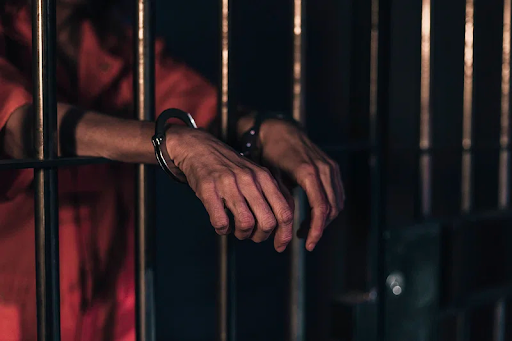
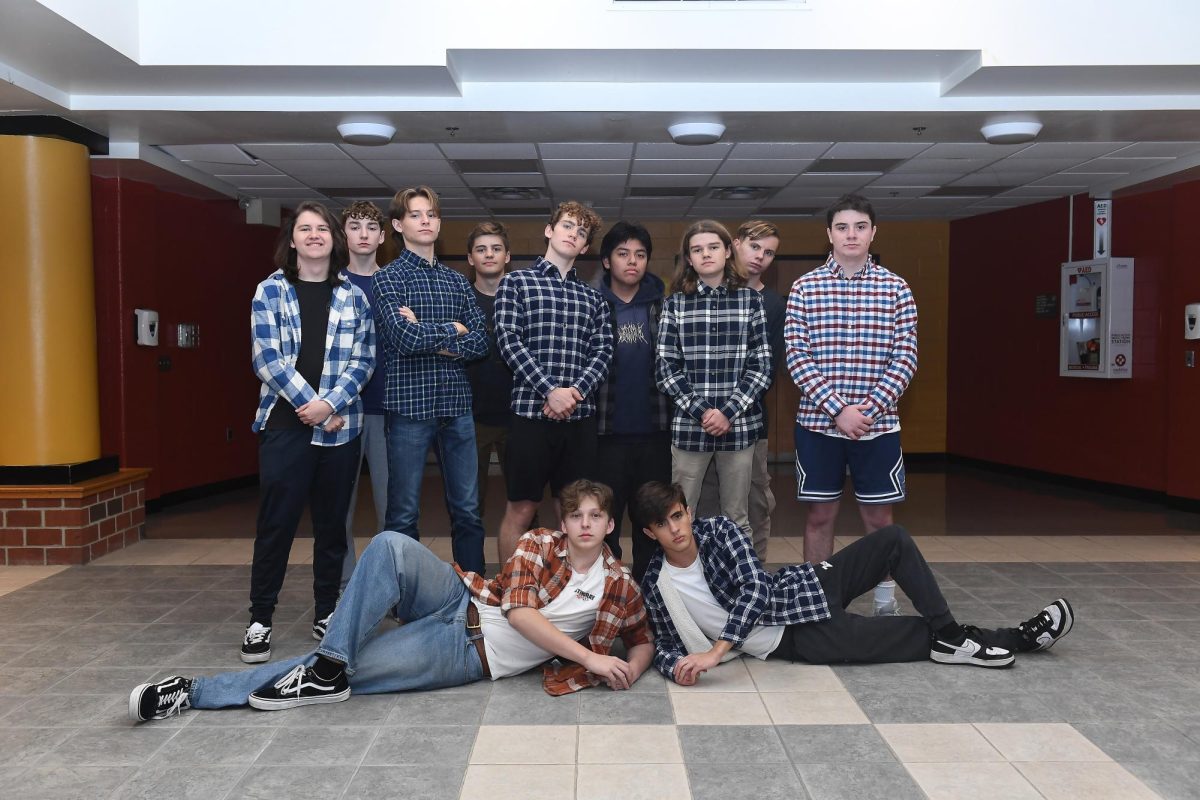

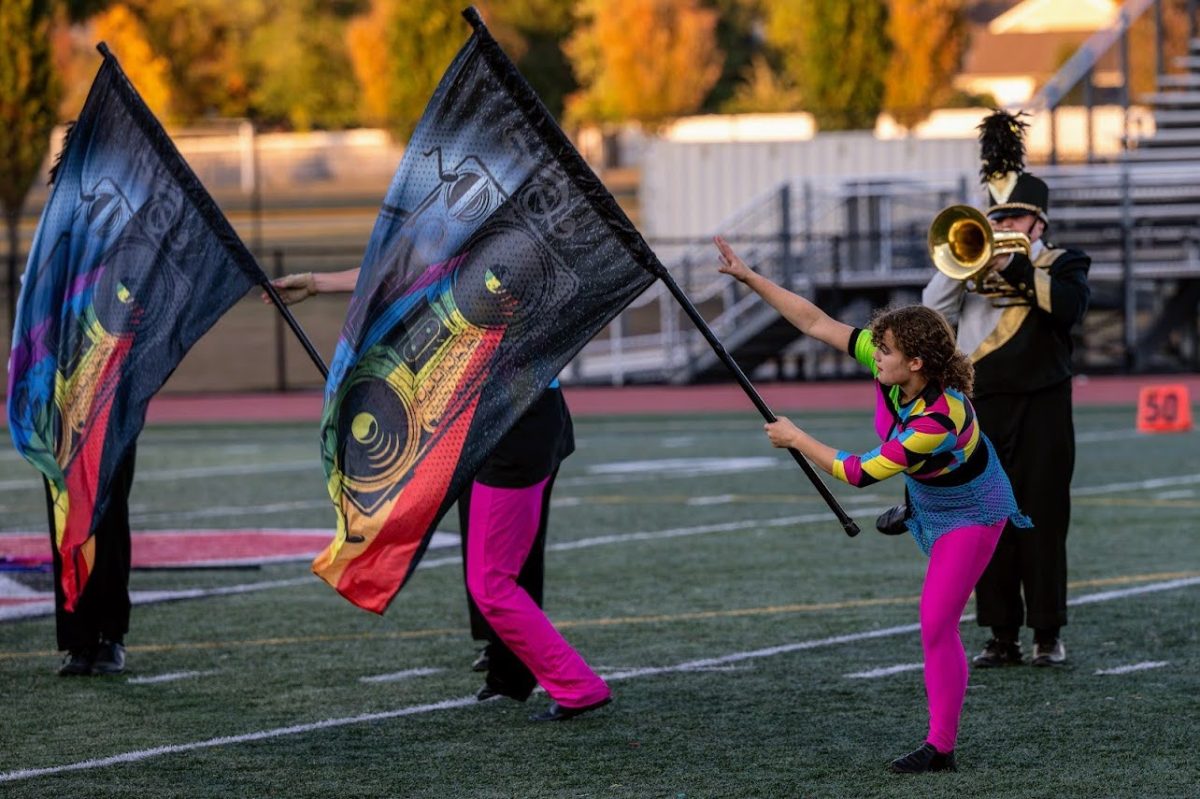


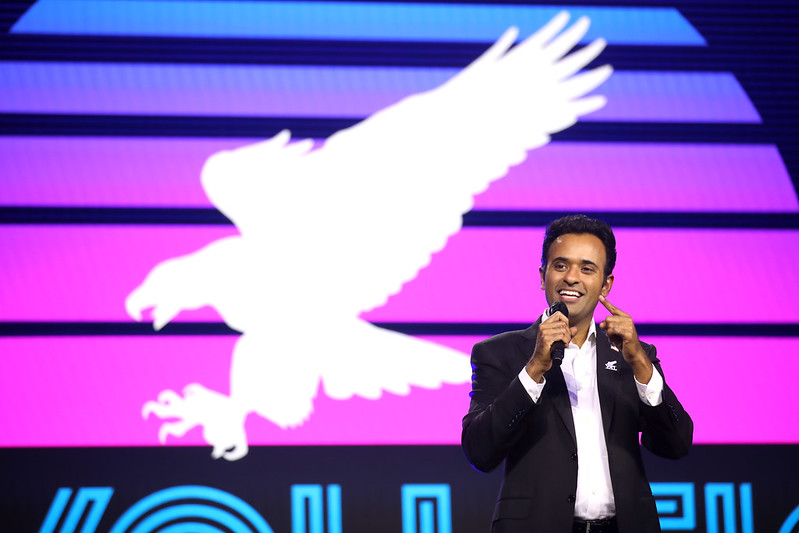


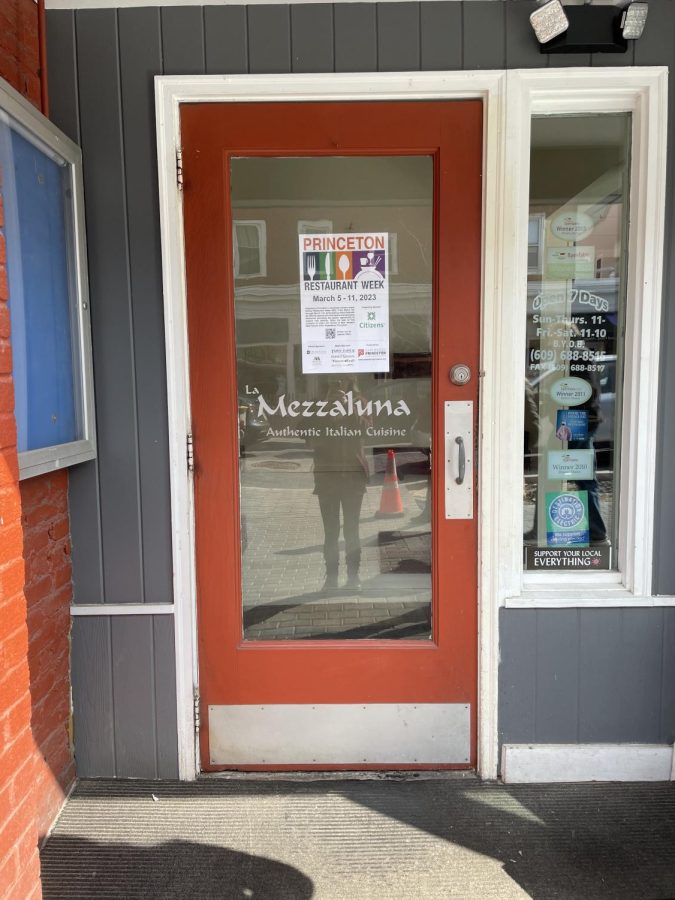
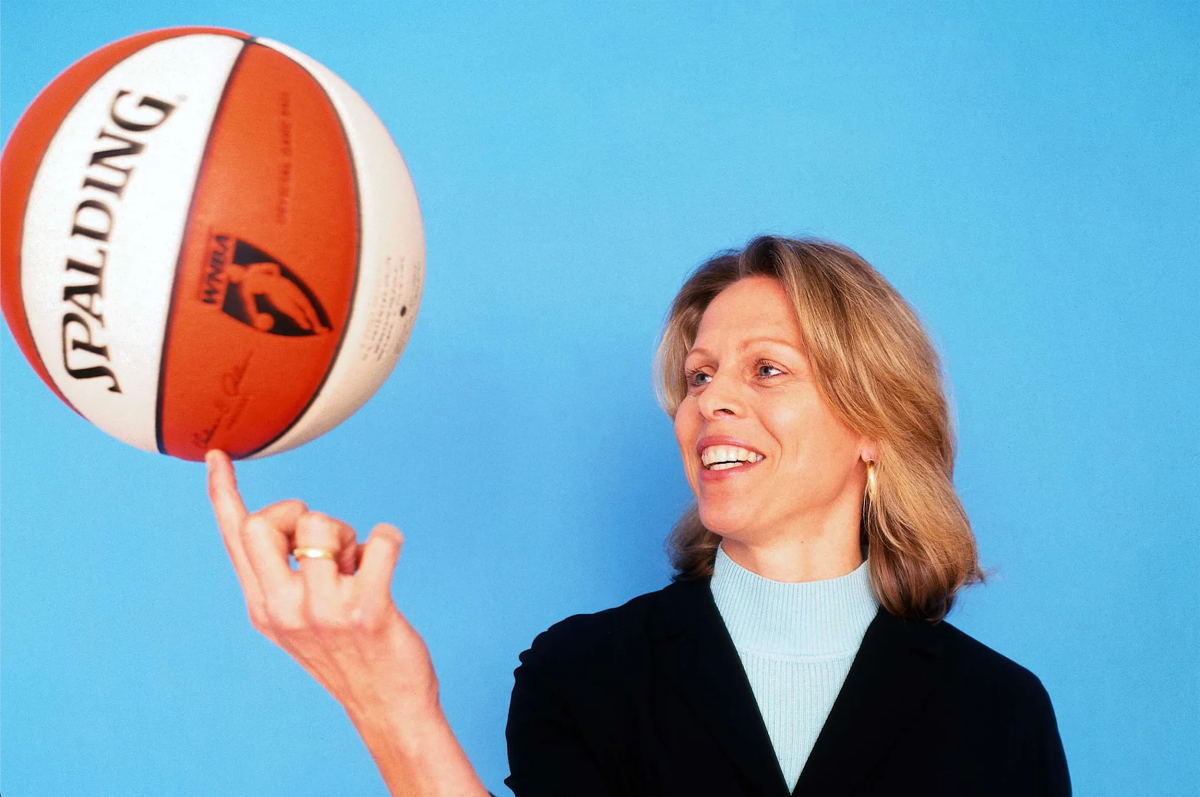

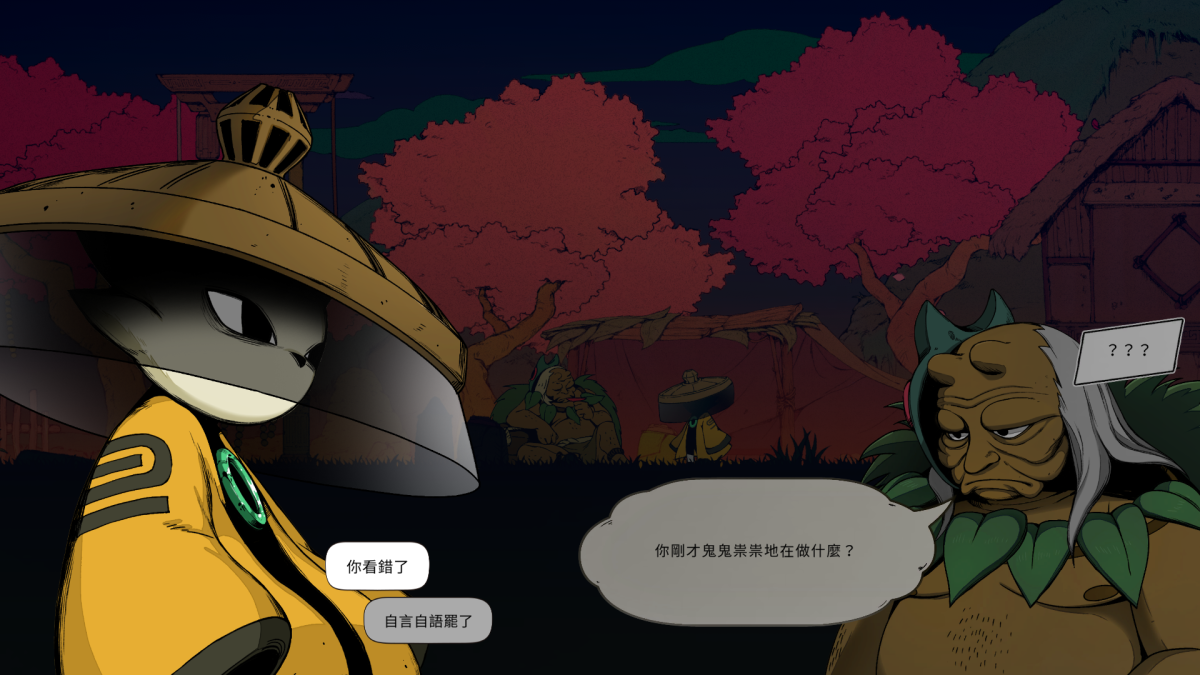



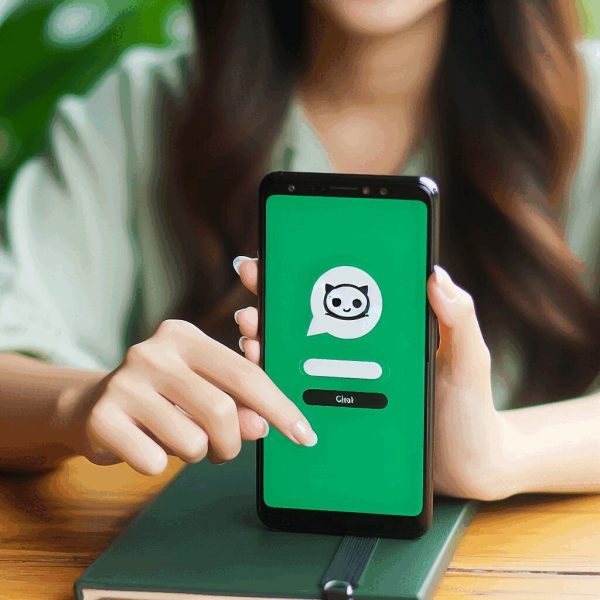
Paul Le Morvan • Sep 22, 2023 at 8:54 am
uhm.. Its actually X now
Caleb J Fowler • Sep 12, 2023 at 12:04 pm
Oh no!! Twtter was my favoirte platform! I love birds?